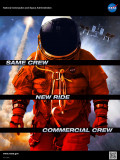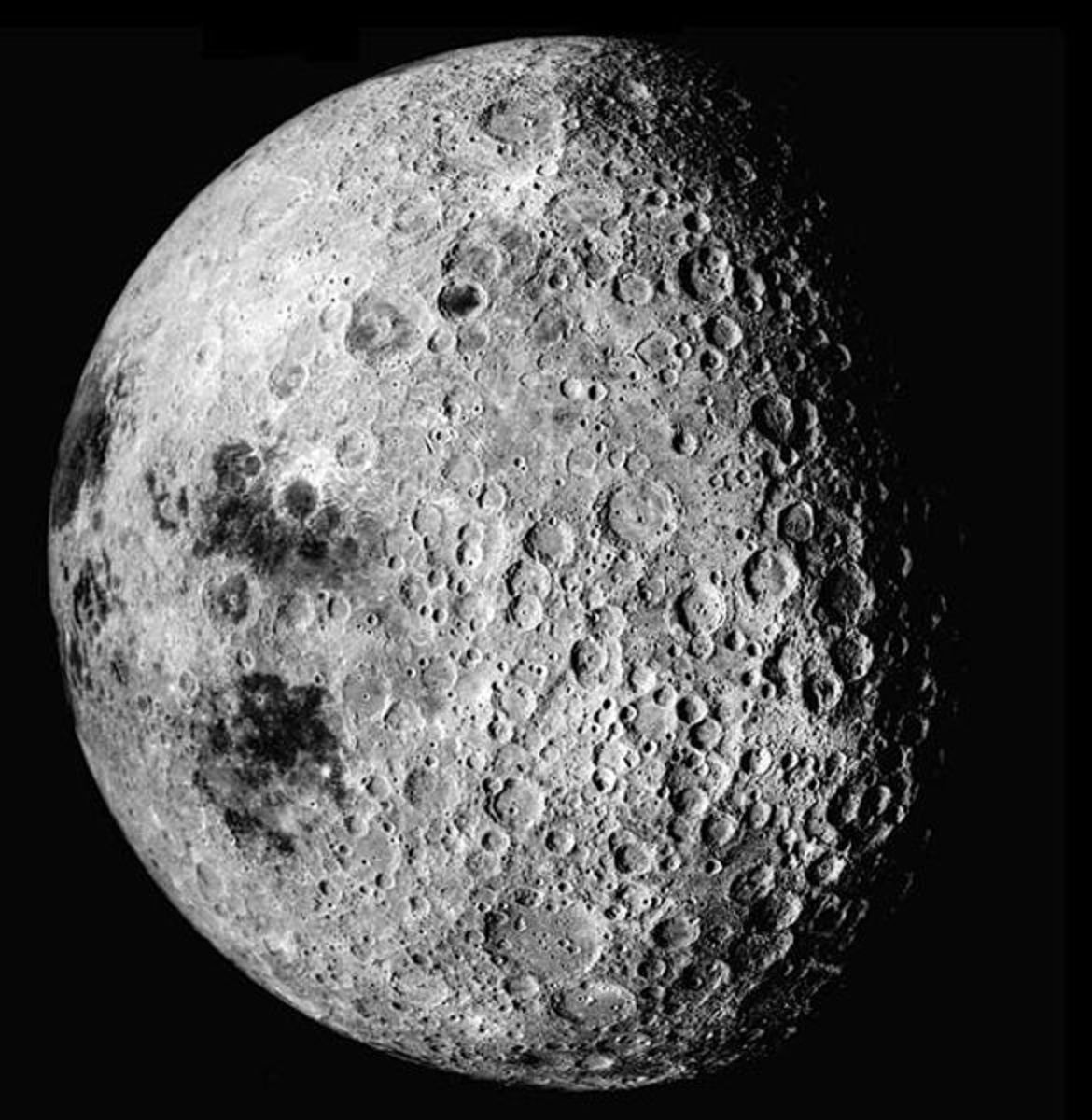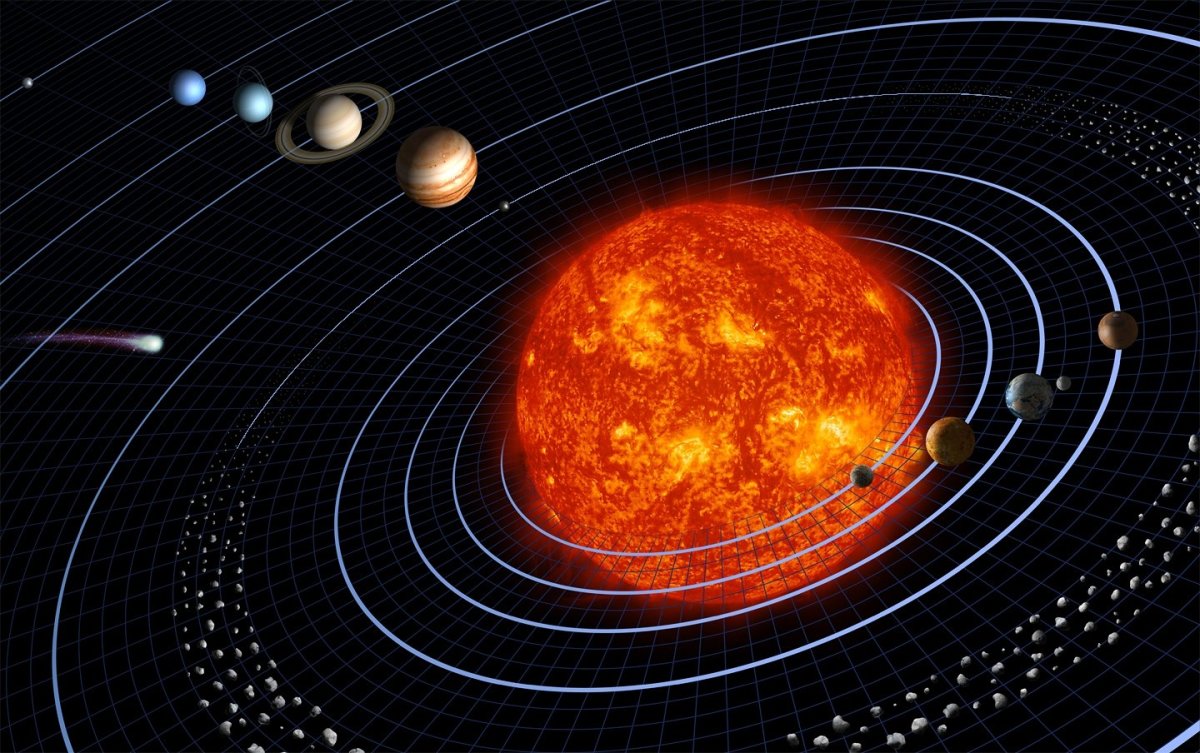NASA Planning to Hold Back Progress
The Moon
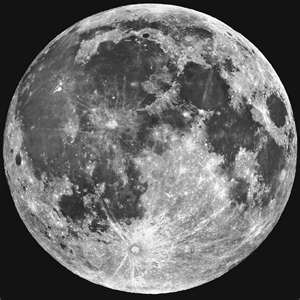
Restricted Areas
NASA is proposing to make “no fly zones” on the Moon.
These no fly zones would be the sites of NASA’s previous landings.
Although the 1967 Outer Space Treaty, makes it clear that the lunar surface cannot have any owner, even if you were the first to be there. NASA is hoping to get approval for restrictions and guidelines for future lunar expeditions.
If successful there are more than three dozen sites where Apollo missions have left some kind of material, if only discarded rubbish. NASA would like for there to be 2km no fly zones over these sites with ground travel buffers ranging from 75m to 225m around the sites.
It would appear that the “Google Lunar X” prize has prompted NASA. A prize of $30m has been promised to the first private company to put a robot on the Moon. The robot must be able to take pictures and be capable of moving a minimum of 500m. Extra money has been promised if the robot lands at a previous Apollo site.
- The Moon Landings Were a Hoax
When only two men landed on the Moon and they can clearly be seen in the photo, who took the photo. This and other details are leading some to think the Lunar landings were a hoax.
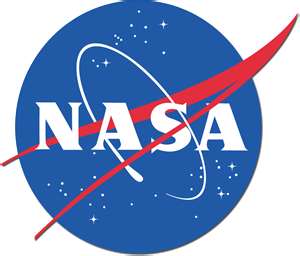
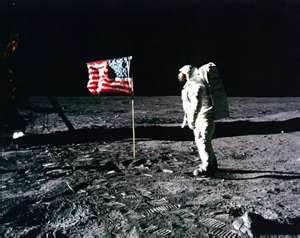
Reason
The reasoning behind these restricted areas is that they contain debris which may prove valuable in future examinations. These may be the studying of any bacteria that may have been present in discarded food or even in Astronaut faeces.Studying how any bacteria adapted and survived in the alien atmosphere could prove useful in future space ventures. It would also be useful to know what kind of deterioration was present in metals that had been exposed to these elements for more than forty years.
There is no doubt that these and other similar examinations of debris would definitely have its uses for later space programs.
The question is though, is it for NASA exclusivity to do the examinations?
The whole of humanity has an interest in future space explorations and any advances in any of the relevant fields would possibly benefit all mankind.
Should it therefore not be advantageous for anybody who wants to take the time and effort to recover and examine these artifacts, to be allowed to?
Especially, considering that NASA, has shut down its shuttle and space station programs. When would they eventually be able to examine their leftovers?
So, at first look, these restricted areas make no sense, unless of course there is more to it.
Did NASA find something at those sites that they want to keep secret?
Did NASA leave something at those sites that they don’t want discovered?
Were the Moon landings really a hoax?
I don’t know the answers but there certainly seems to be more going on than NASA is admitting. Why else would they want to delay any kind of progress in space exploration?
- An Open Letter to NASA
NASA, why the surprise about the space junk? You know its there, you put it there. So stop crying and pick it up. - NASA and the Doomsday Cloud
According to a Russian scientist, our solar system is about to enter an energy cloud. This cloud could cause extreme activity in our Sun. Some suggest that this could cause our technology to be put back to the equivalent of the 1800s. - Earth's Fate May Have Already Been Recorded
Was the first man made object sent into space from Earth, a suicide note? - Nukes in Space
It is being suggested that we use nuclear weapons to divert asteroids. Could there be repercussions from taking nuclear weapons into space?





